Sadie Westwood, of behaviour change agency 23red, on activity to encourage catering businesses to combat food waste
Behaviour is a hard thing to change as habits don’t break overnight.
I have worked on a range of behaviour change campaigns, from young people acting safely on railway lines to getting homeowners to reduce energy use, and the unifying thing is making sure a meaningful message hits the right people. You have to repeatedly encourage and nudge people towards making small changes, which eventually become a big overall change in behaviour. If people understand why you are trying to do something differently they are much more likely to support it.
This is particularly true in the hospitality and food service industry, in which everyone from the restaurant’s CEO to the pot washer is equally responsible and complicit in tackling food waste.
The messages are clear and simple. When it comes to food, use everything, waste nothing. Use constant checks, including weighing produce to ensure the right amount of everything is bought, and weigh waste, to see where it is that you are creating it and track how it changes over time. Encourage stock buyers not to let food waste eat away at your profits. Keep track, crunch the numbers, be obsessed and save produce where possible.
CEOs are encouraged to analyse the financial angle and then spread the message to their peers. With food waste costing the hospitality industry £2.9bn every year, we need to cut it out of our business.
Alongside this, emotive messages aimed specifically at head chefs and bakers appeal to their passion for their work. Carefully crafted food is far too good to waste. It should be cherished and savoured.
It is understood that products cannot be kept longer than a certain period of time but if chefs and bakers can target areas of waste, measure surplus carefully, and factor in footfall and demand, creating excess food that goes to waste can be avoided.
This extends to porters and cooks too. Ask them to hang on to those stalks, stop throwing away those stems and freeze and preserve as much as possible.
As with any movement to alter behaviour, it takes time and change is often slow. But, as we have seen with single-use plastics and how rapidly the change of opinion towards them has been embraced by the hospitality industry, constant behavioural nudges can lead to mass change.
Also see British Baker’s Resource Management feature


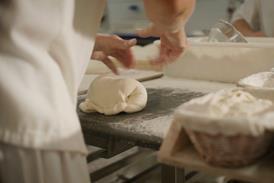



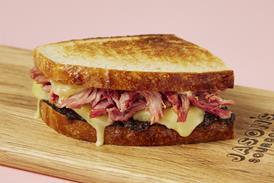


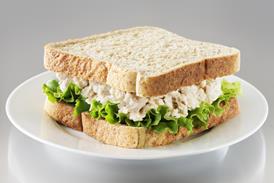





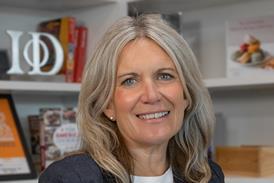




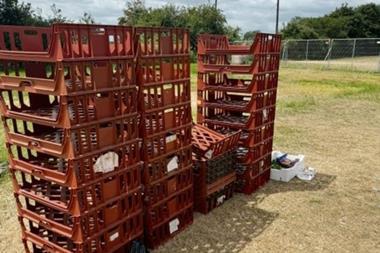


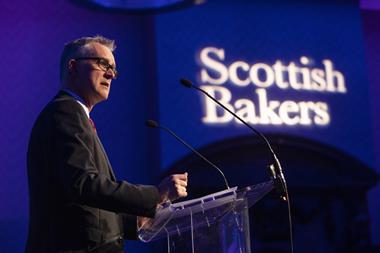


No comments yet